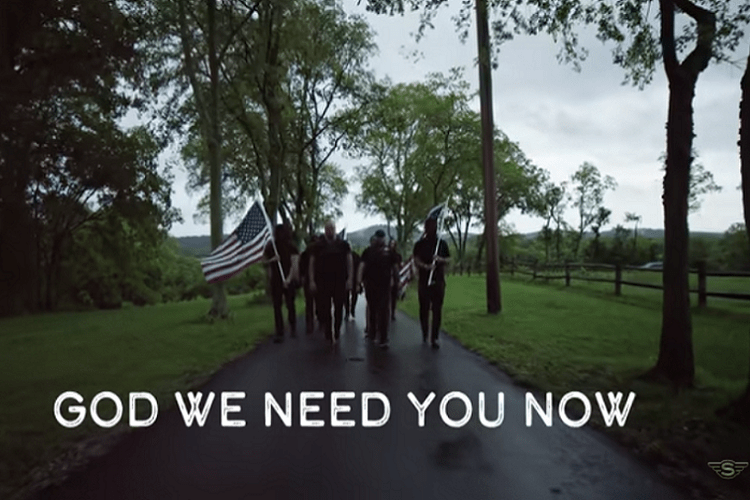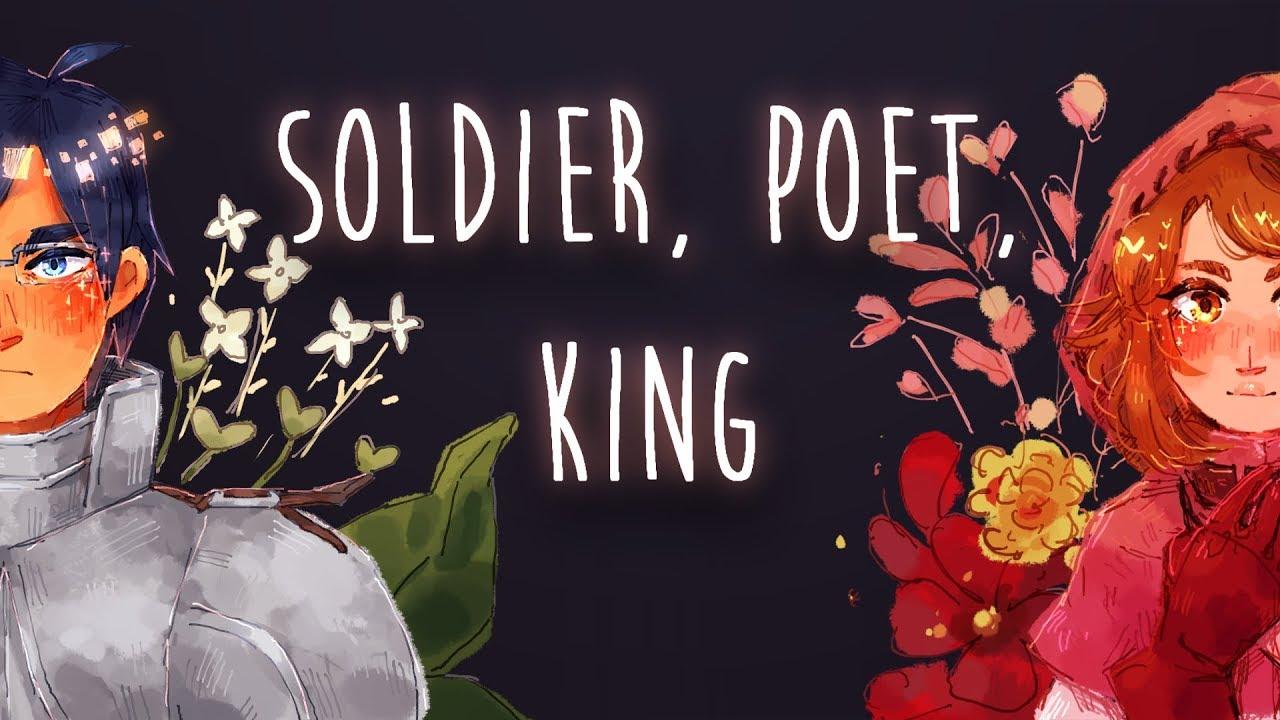
God We Need You Now Lyrics
June 14, 2022
Like You Do Lyrics by Joji
June 15, 2022Soldier, Poet, King Lyrics by The Oh Hellos
The song “Soldier, Poet, King” by The Oh Hellos is a gospel song with Christian overtones. The song’s lyrics are an allusion to the Christian belief in the second coming of Christ. It can also be a metaphor for verbal abuse or siding with dragons. Here, we’ll discuss how this song might relate to your life. But before we get into the song’s lyrics, let’s talk about what it means to the band.
The Oh Hellos’ song “Soldier, Poet, King” is a gospel song
This gospel song tells a story about religion and the opression of certain groups. It also refers to the devil. Jesus is the Soldier, the Poet, and the King. These people fight for equal rights, and the song is addressed to these groups. Moreover, this gospel song is about Jesus’ coming. The devil, the song says, is the enemy.
The lyrics of the gospel song “Soldier, Poet and King” are deeply relatable to the situation of an abusive relationship. The lyrics are powerful and can inspire people who have awoken to spiritual warfare. The song was written by Tyler Heath and Maggie Heath, and it is a powerful and encouraging song for anyone who is going through the same thing.
The Oh Hellos released Dear Wormwood on October 16, 2015. The album’s title, “Dear Wormwood,” is a reference to C.S. Lewis’s “The Screwtape Letters” book, and the songs on the album are all letter-form letters addressed to different people, including the demons. The tone of the songs vary from lovingly addressed to determined to escape from the relationship, and ebbs and flows as the narrator tries to move out.
It is an allusion to the Christian belief in the second coming of Jesus Christ
The Second Coming of Jesus Christ is one of the central doctrines of Christian eschatology. The Second Coming is described explicitly in the Bible. It is implied in hundreds of OT prophecies and referred to in major passages from the New Testament. The Book of Revelation describes the Second Coming specifically, along with a millennium and the new heaven and earth.
The passage is often interpreted as referring to Christ’s Second Coming, but is actually an allusion to the Rapture. Some exegetes believe that the Rapture, which takes place before the Tribulation begins, refers to Christ’s Second Coming. Others, however, believe that it speaks of the Rapture of Christians during the Tribulation. Both views have merits.
Scripture gives several allusions to the Second Coming of Jesus Christ. The OT often mentions both the first and second comings of Christ, often in the same context. The first reference to the Second Coming is found in Deuteronomy 30:3 in the KJV translation. The Second Coming of Christ is also a central theme of the NT. Revelation 19:11ff describes Christ’s coming in glory with His angels. Each man is rewarded according to his deeds. Other Bible references include Zechariah 12:10, which describes Israel’s rejection of the Messiah. Finally, Matthew 24:10 is a reference to Christ’s Olivet Discourse.
Although references to the Second Coming are numerous in Scripture, the number of references to the First Coming is far less. Scholars estimate that there are 1,845 distinct biblical references to the Second Coming. Of those, seventeen of the Old Testament books refer to Christ’s second coming. In addition, one out of every thirty New Testament verses teaches that Christ will come again.
Matthew 24:43 describes the Day of Divine Retribution and a visible sign of the Son of Man in heaven. Both of these events are predicted to occur prior to the tribulation. Furthermore, Jesus compares the second coming to a thief in the night. No one will know when He will return, and the unbelievers will be caught off guard.
It is a metaphor for allying with dragons
The album Soldier, Poet, King is about the aftermath of an abusive relationship. The soldier represents those who physically remove the victim from the abusive relationship. The poet and king, on the other hand, focus on moving on. This song also talks about destroying cities. In the context of a D&D party, the soldier represents the people who seek to make peace and change the society.



